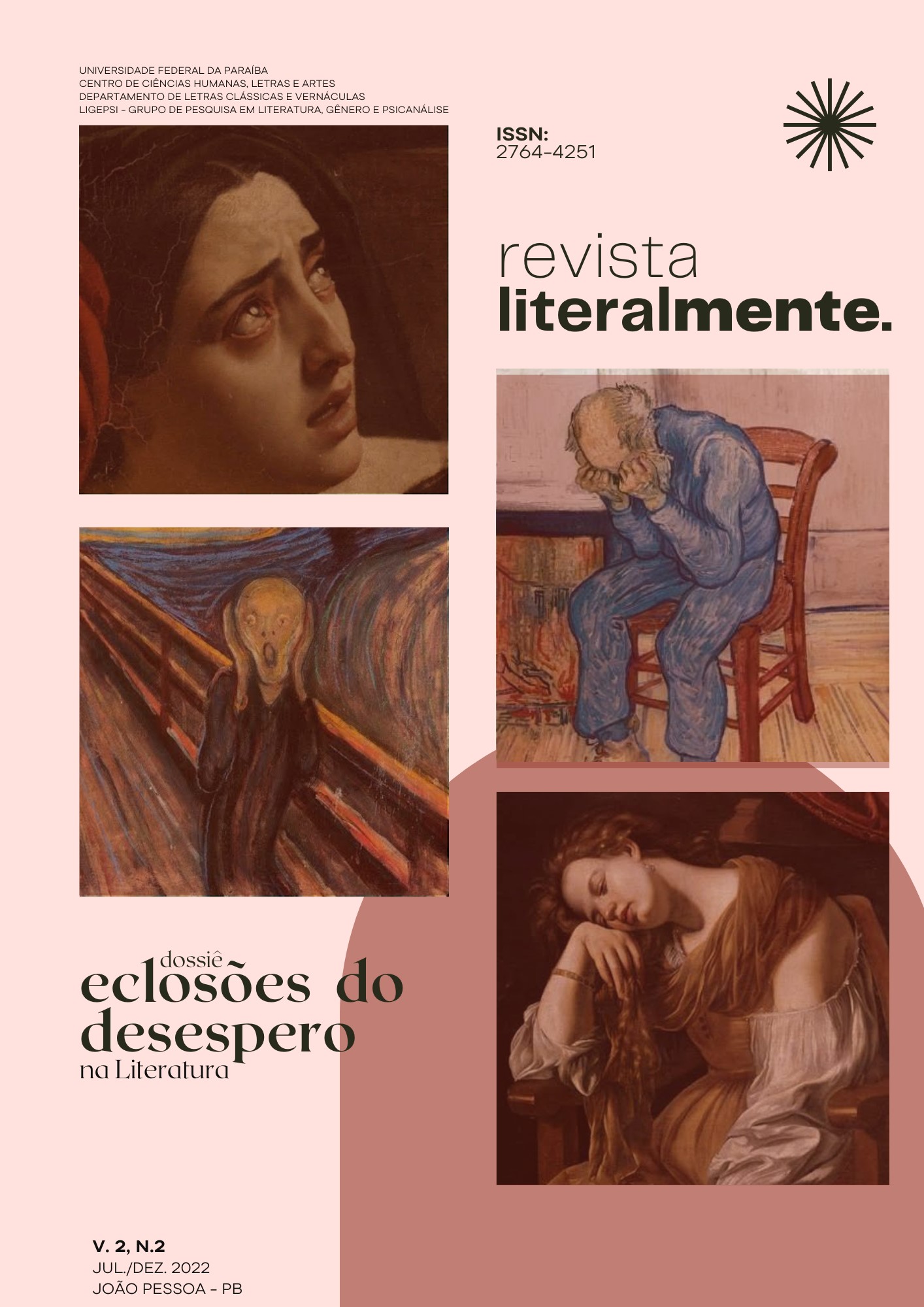Triangulações objetais; enlaces fantasísticos
as arquiteturas perversas de Vênus nos flancos literários
Keywords:
Literatura, Sexualidade, Psicanálise, PulsãoAbstract
In the 19th century, human sexuality, through its multiple prisms, started to be cataloged by psychiatric records; which attributed to sexual practices divergent from the purpose of reproduction, the label of neurological pathologies, which affected not only the body, but also the moral conduct of its practitioners, as explained by Laqueur (2011). In this scenario, the deviant conducts of Eros are conceived as perversions or perversion, inverting the logic of normality, transgressing the field of considered mental sanity. However, with the postulations of Sigmund Freud (1856-1939), human sexuality begins to be glimpsed from a performative plasticity that overlaps with the thresholds of the first erotic experiences lived in the puerile period. Therefore, through the interlocutions between Literature and Psychoanalysis, we propose to develop a Freudian reading of the work The fifteen-year-old venus (1897), by Algernon Charles Swinburne (1837-1909). In the corpus, the characters Archer and Eva Letchford make up a love trio with Flossie, a fifteen-year-old girl, who starts to command, based on her erotic visions, the sexual behaviors experienced in the relationship. In the midst of an attractive narrative filled with lust and enjoyment, it is possible to observe aspects that clash with the puritan values of the Victorian era, thus granting Flossie a subversive and transgressive femininity. Some questions guide our research: what remnants of childhood sexuality reverberate in Flossie and in her object relations in adulthood? How do Archer and Eva come to be subject to Flossie's sexual delights?










